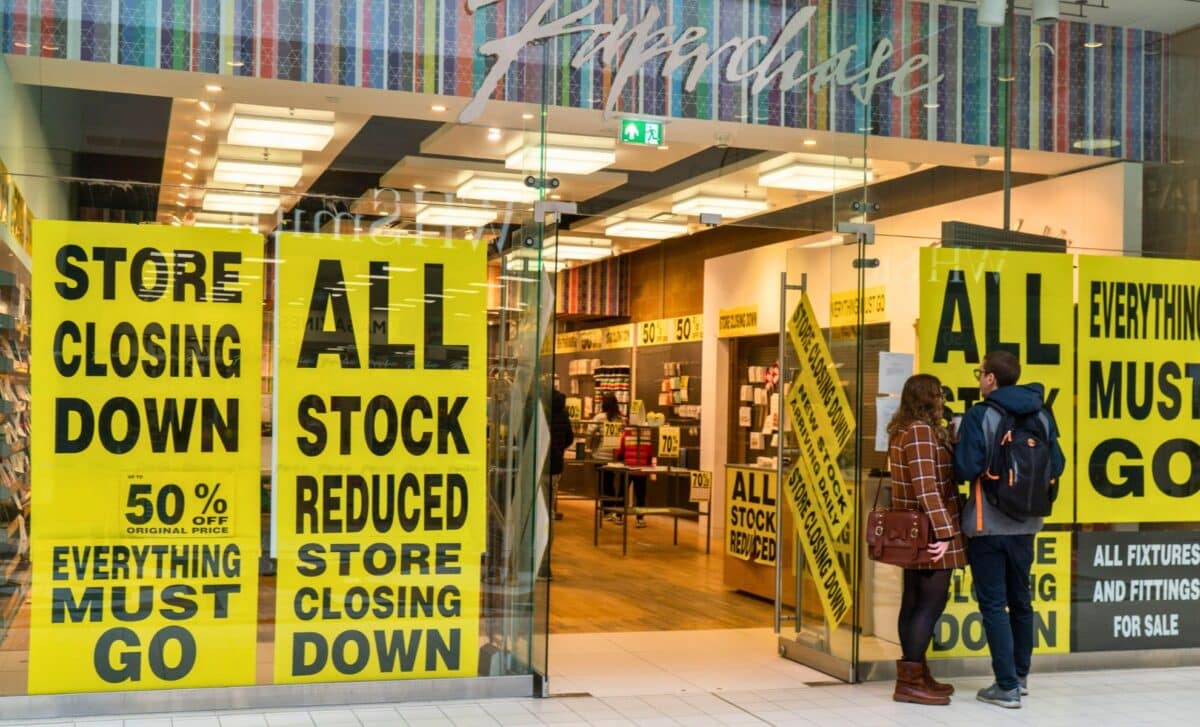Major UK retailers, including Tesco, Amazon, and Sainsbury’s, have sounded a dire warning about the potential fallout from the Labour government’s upcoming National Insurance Contributions (NICs) increase. In a rather uncommon scene of opposition, over 70 companies sent a letter to Chancellor Rachel Reeves bearing the message that the increase from 13.8% to 15% will “result in shop closures, job losses, and price increases”.
Retail Giants Challenge Labour’s Fiscal Strategy
The letter, organized by the British Retail Consortium (BRC), emphasizes the strain the hike will place on an already pressured retail sector. Retailers argue that absorbing the increased costs is “impossible” and will ripple through the economy by amplifying inflation, suppressing wage growth, and triggering business closures, particularly on struggling high streets.
The retailers outlined their key concerns in the letter, warning that:
- Increase in NICs: The hike from 13.8% to 15% starting April 2025 will significantly raise employer costs.
- Widespread Impact:
- Shop closures, especially on high streets.
- Job losses in entry-level positions.
- Higher prices for consumers due to increased operational expenses.
- Slower wage growth across the industry.
- Key Signatories: Retail heavyweights, including Tesco, Amazon, Marks & Spencer, Sainsbury’s, Aldi, JD Sports, and Boots, are among the 70-plus signatories to the letter.
The group emphasized that although they accept the principle of the need for public service spending. The increase in time frame and magnitude of the NIC increase will result in what they termed as a “cumulative burden” that a lot of businesses can’t sustain.
Treasury Stands Firm Despite Outcry
Regardless of the backlash, the spokesperson for the Treasury stood by the decision, describing it as an important step in addressing a gap of £22 billion which arises from the ineptitude of the previous government.
The spokesperson pointed out the extra £22.6 billion which was directed towards NHS and also the promise made to protect the earnings of the workers. It was further mentioned that more than half of the employers would bear lower or the same national insurance for their employees.
Businesses would have to ‘absorb some of this through profits’, as Chancellor Reeves has indicated. This statement was not taken seriously by the retail consortium due to the prevailing economic conditions.
Looming Consequences for Consumers and Communities
Retail leaders argue the increase will harm entry-level jobs and disproportionately impact high streets and smaller businesses. Rising operational costs could force companies to pass the burden onto customers, increasing prices and further eroding consumer purchasing power. Already, companies are making “difficult decisions,” hinting at layoffs and scaled-back operations.
The letter represents a turning point in the tense relationship between the business community and the Labour government, and raises questions about the long-term effects of prioritising fiscal austerity over economic stability.










The Labour Government state the won’t lessen the 22 Billion Black Whole.
Well lead by example and takeaway all the percs that the members of parliament receive IE . Second home, meal, travel and council allowances
All other workers have to fund these expenses from their salary.
All members of parliament should be doing the same.